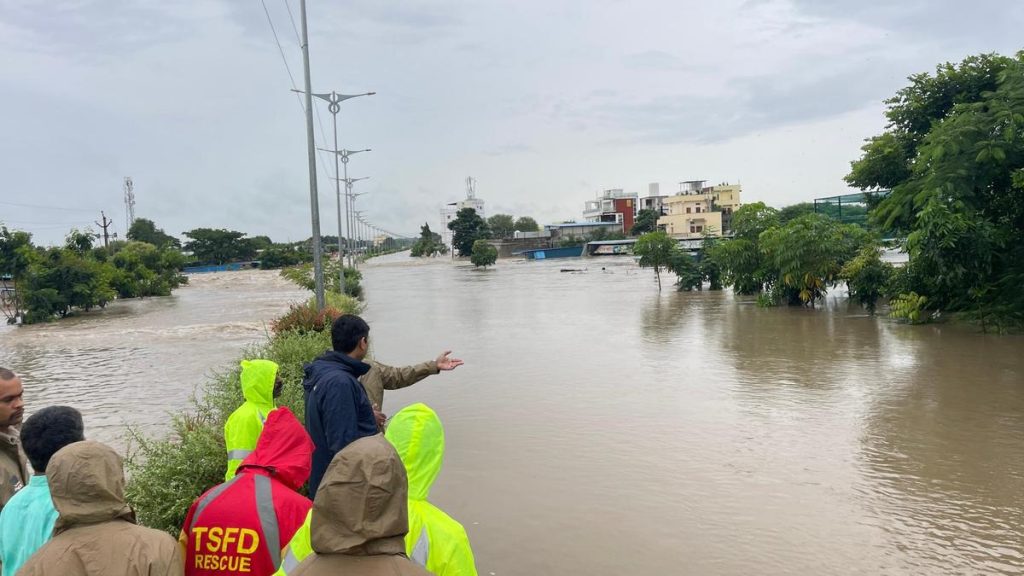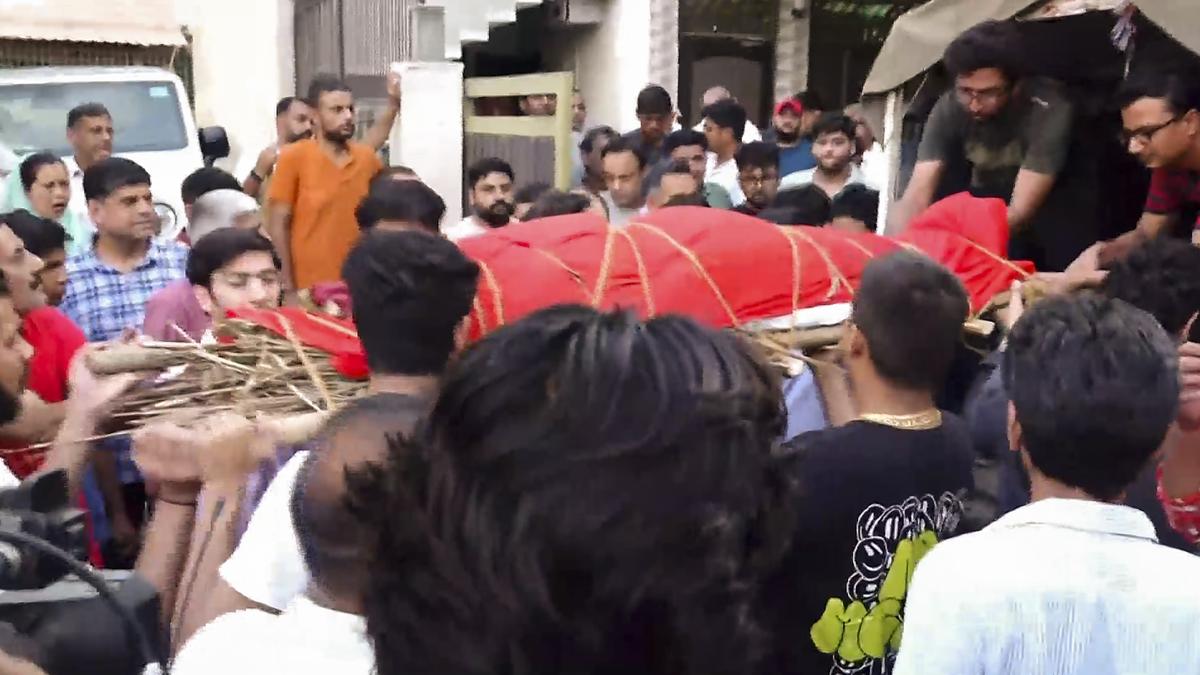Now Reading: Bengaluru Markets in Disarray: Civic Body and Vendors Trade Blame
-
01
Bengaluru Markets in Disarray: Civic Body and Vendors Trade Blame
Bengaluru Markets in Disarray: Civic Body and Vendors Trade Blame
Quick Summary
- Bengaluru’s iconic markets, including K.R. Market, Madiwala Market, Shivajinagar Market, Yeshwanthpur Market, and others face severe sanitation issues.
- Despite routine clean-up drives by the BBMP (Bruhat Bengaluru Mahanagara Palike), waste management challenges persist:
– Garbage remains uncollected or is dumped indiscriminately on streets.
– Washrooms in markets are poorly maintained and cleaned only once a day.- Unsegregated waste results in unsanitary conditions worsened by the rainy season.
- Vendors express frustration over the lack of effective action from civic authorities:
– Some vendors resort to spending their own money to maintain cleanliness after failed efforts to elicit official assistance.
– Complaints range from poor infrastructure maintenance to insufficient waste collection operations-especially on narrow streets.
- Customers have begun avoiding some marketplaces due to foul smells and unhygienic surroundings.
- civic officials claim they conduct daily cleaning operations but blame vendors for failing to segregate garbage or comply with rules such as avoiding plastic usage.
Images included:
- Waste at Bazaar Street,Yeshwanthpur market area.
- Market stalls filled with garbage, K.R. Puram market scene.
- Unhygienic market washroom conditions, captured at Madiwala Market.
Indian Opinion Analysis
the persistent sanitation issues plaguing Bengaluru’s major marketplaces reflect structural inefficiencies within urban governance frameworks such as inadequate infrastructure maintenance and enforcement gaps around civic compliance standards for both vendors and customers alike.
On one hand, while vendor complaints about non-responsive authorities point toward potential lapses in municipal accountability mechanisms like timely garbage pick-up services or investments into solid waste management systems tailored for crowded marketplaces; on the flip side – systemic habits undermining segregation practices create feedback loops reinforcing disorder via everyday violations irrespective applied policy reforms promising cleaner cities zones..
Resolving this “blame cycle” lies designing incentive schemes prioritizing active multistakeholder participatory solutions engineered where practicality scheduling matched conveniently available stakeholders proactive stance bridging back transactional collaboration BBM Community stakeholder grassroots-driven model cleaner enduring future Bangalore Most Importantly























